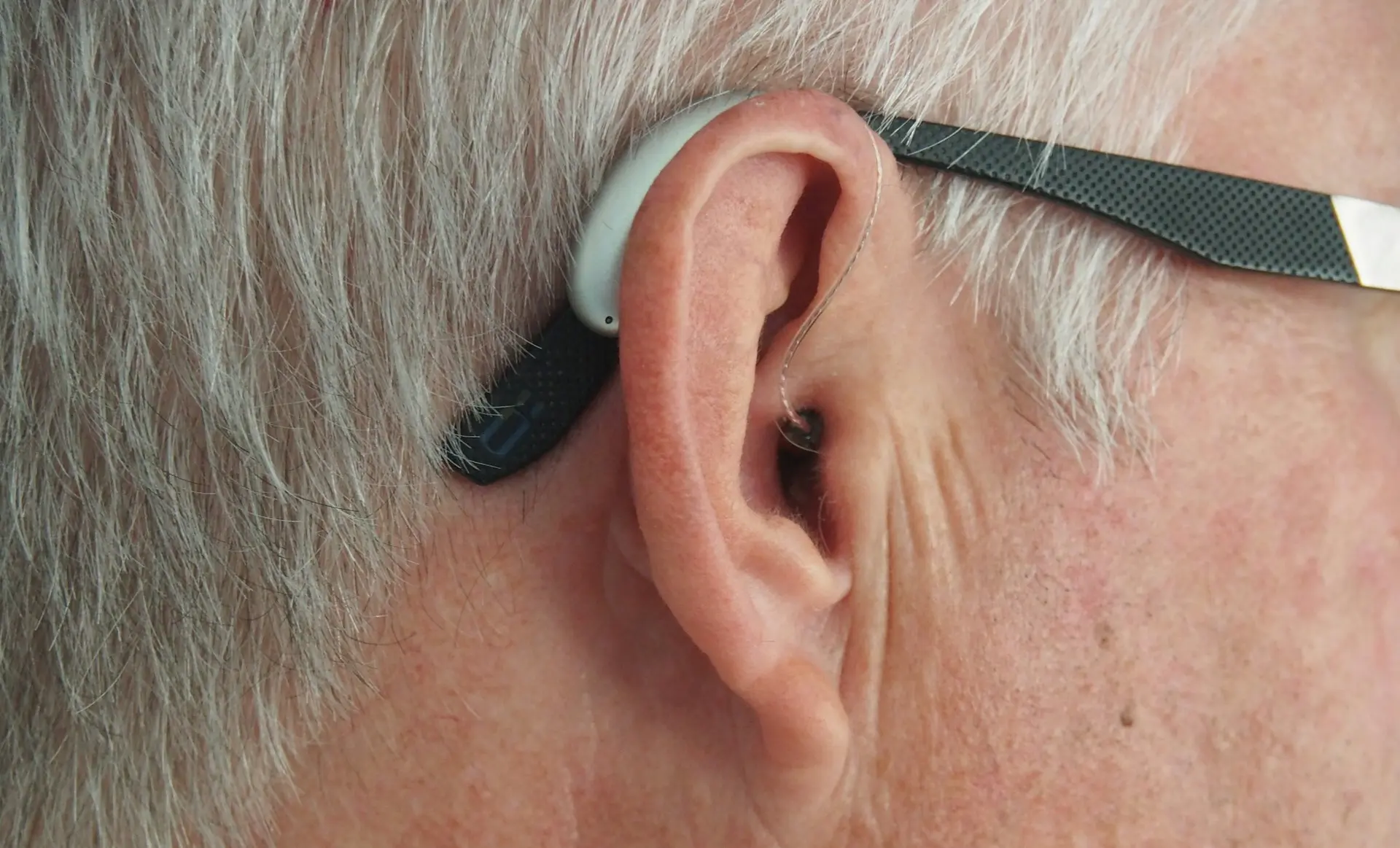Explore the connection between ear infections and hearing loss. Learn about symptoms, treatments, and effective prevention strategies to protect your hearing health.

Blog
Ear Infections and Hearing Loss: Causes, Symptoms, and Prevention
Ear infections are common and often caused by bacterial or viral infections affecting the middle ear. These infections lead to inflammation and fluid buildup, which can disrupt normal ear function. While often temporary, recurring or untreated infections may result in hearing loss. This blog delves into the relationship between ear infections and hearing loss, highlighting symptoms, treatment options, and prevention strategies.
Recognizing symptoms of ear infections can help ensure timely treatment and prevent complications. Common symptoms include: Ear pain, fullness in the ear, difficulty hearing, ear discharge, fever, and irritability in young children. Studies show that approximately 50% of children under the age of 5 experience at least one ear infection annually. Adults may experience more localized symptoms, such as pain or mild hearing difficulties. Early diagnosis and treatment are crucial to avoiding long-term impacts.
Ear infections can cause temporary or, in severe cases, permanent hearing loss. The link lies in the inflammation and fluid buildup that block sound transmission in the middle ear. A 2019 study published in the *International Journal of Audiology* found that chronic ear infections increase the risk of hearing loss by 25%. Temporary hearing loss often resolves with treatment; however, recurring or untreated infections may damage the eardrum or auditory nerves, leading to irreversible issues.
Timely treatment can minimize the impact of ear infections on hearing health. Key treatments include: Over-the-counter pain relievers (e.g., ibuprofen), antibiotics for bacterial infections, and warm compresses to reduce discomfort. For chronic infections or persistent fluid buildup, healthcare providers may recommend surgical interventions, such as tympanostomy tubes, which improve drainage and reduce recurrence. Research indicates that surgical interventions are effective in 85% of recurrent ear infection cases.
Preventive measures can significantly reduce the risk of ear infections and associated hearing loss. Strategies include: Maintaining good hygiene to prevent respiratory infections, avoiding cigarette smoke exposure, and ensuring vaccinations (e.g., pneumococcal vaccine). For swimmers, using earplugs and drying the ears thoroughly after swimming can prevent moisture buildup. Regular health checkups and prompt treatment of colds or sinus infections also play a role in reducing risk.
Persistent symptoms, such as ear pain or changes in hearing, warrant professional evaluation. A healthcare provider can perform tests like otoscopy or tympanometry to diagnose infections and assess hearing loss. Consulting a specialist ensures tailored treatment and reduces the likelihood of complications, such as permanent hearing loss or chronic otitis media.
Ear infections are a leading cause of hearing difficulties, but timely intervention and preventive measures can reduce their impact. Understanding symptoms and risk factors empowers individuals to take proactive steps toward maintaining ear health. If you or a loved one experience persistent ear issues, seek professional advice to prevent long-term complications. Early treatment, combined with preventive care, ensures healthier ears and preserved hearing function.
HealthOK Global offers comprehensive elderly care services to ensure the dignity and safety of seniors. Our expert caregivers provide personalized support, from routine health checks to emotional well-being assistance. Contact our FREE 24 x 7 Healthcare Helpline at +91-8047190955 for immediate support and assistance.
Stay connected with us and never miss an update by following us on social media! Our social channels are the perfect place to get the latest news, expert tips, and exclusive insights tailored just for you. Whether you're looking for health advice, product updates, or inspiring stories, we’ve got it all. Join our growing community on platforms like Whatsapp Facebook , LinkedIn and Instagram and be part of the conversation. Click the follow button today and stay informed, inspired, and engaged—right at your fingertips!
Persistent symptoms, such as ear pain or changes in hearing, warrant professional evaluation. A healthcare provider can perform tests like otoscopy or tympanometry to diagnose infections and assess hearing loss. Consulting a specialist ensures tailored treatment and reduces the likelihood of complications, such as permanent hearing loss or chronic otitis media.
Recognizing symptoms of ear infections can help ensure timely treatment and prevent complications. Common symptoms include: Ear pain, fullness in the ear, difficulty hearing, ear discharge, fever, and irritability in young children. Studies show that approximately 50% of children under the age of 5 experience at least one ear infection annually. Adults may experience more localized symptoms, such as pain or mild hearing difficulties. Early diagnosis and treatment are crucial to avoiding long-term impacts.
Timely treatment can minimize the impact of ear infections on hearing health. Key treatments include: Over-the-counter pain relievers (e.g., ibuprofen), antibiotics for bacterial infections, and warm compresses to reduce discomfort. For chronic infections or persistent fluid buildup, healthcare providers may recommend surgical interventions, such as tympanostomy tubes, which improve drainage and reduce recurrence. Research indicates that surgical interventions are effective in 85% of recurrent ear infection cases.
Need Personalized Health Guidance?
Get expert advice tailored to your specific health needs from our qualified healthcare professionals.




